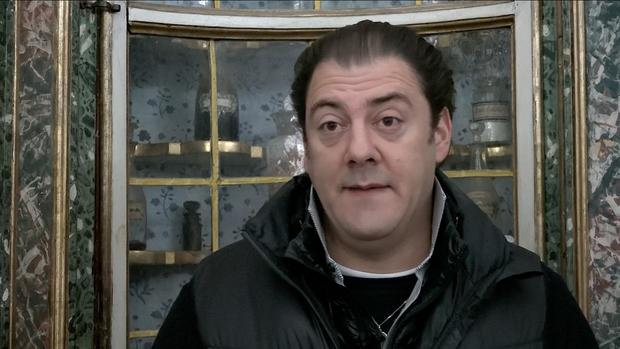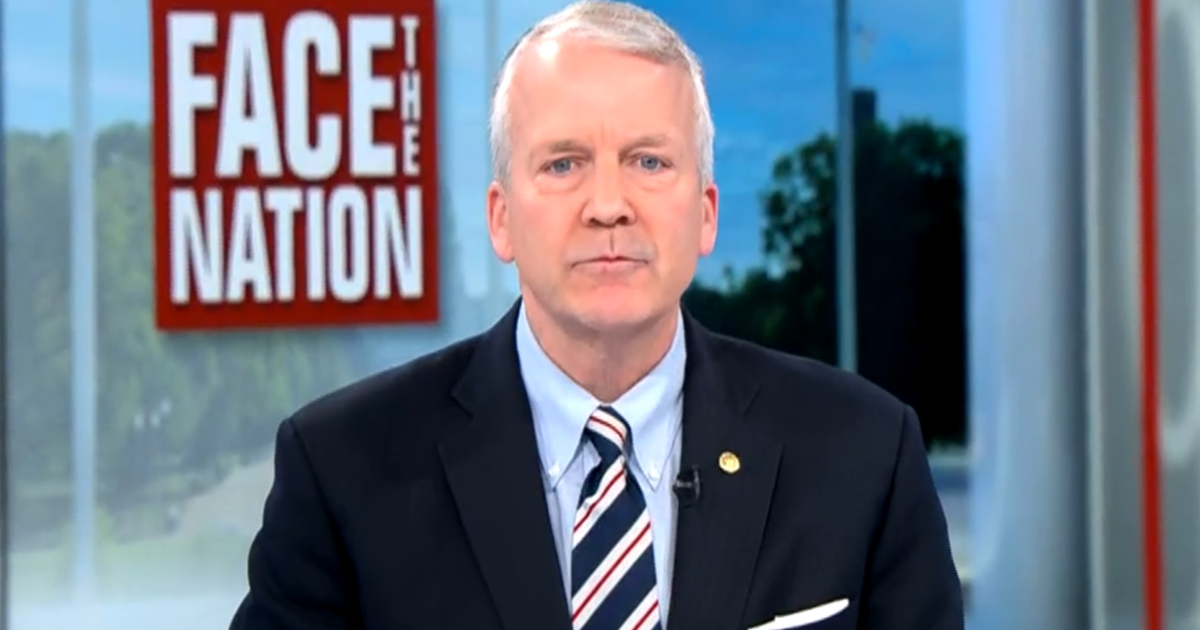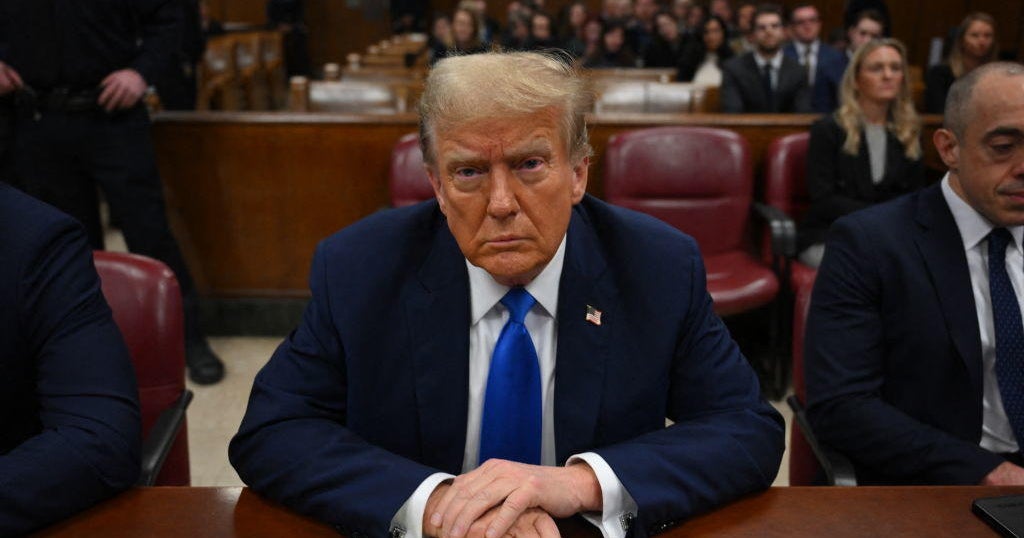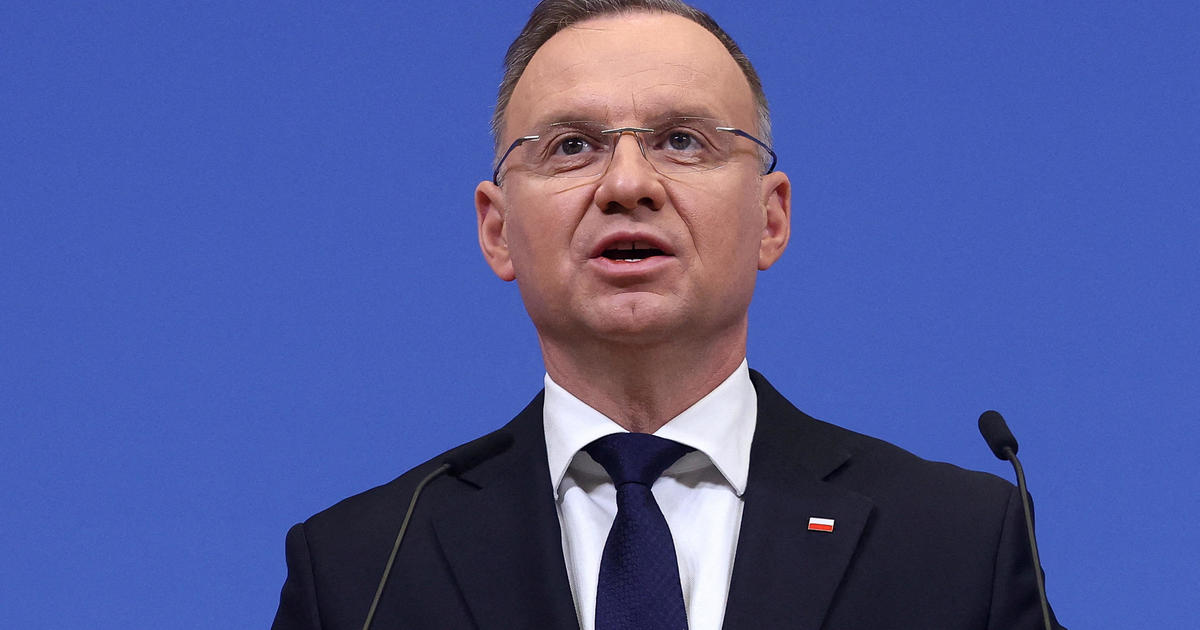Steve Bannon backs "gladiator school" to bolster Europe's right wing
Trisulti, Italy -- A new school backed by Steve Bannon will give students tools to defend "the Judeo-Christian West," he explained to CBS News as part of a wide-ranging interview.
The school, which will eventually be based in an ancient monastery about an hour outside of Rome, will offer students, "the kind of underpinnings of the Judeo-Christian West… what the values are, what we stand for, and also, in modern media, what we call a modern gladiator school," Bannon told CBS News' Seth Doane.
Bannon, the chief strategist behind President Trump's successful 2016 election campaign, has since fallen out with Mr. Trump and much of the leadership of the Republican Party in the United States. He said the school in Italy, called the "Academy for the Judaeo-Christian West," would be geared toward "mid-career" people "looking to do something different."
Benjamin Harnwell, a British former political operative and associate of Bannon, is in charge of the project. He currently lives -- along with one monk and a cook -- at the massive property called Trisulti that sits off a winding mountain road. Standing in what used to be the monastery's pharmacy, he told CBS News he plans to accept around 50 students and that Bannon will teach a class in media relations.
In the Middle Ages, the monks at Trisulti cultivated around 2,500 types of plants for medicinal purposes. History books also credit them with inventing Sambuca.
Harnwell would not give details of the curriculum, an opening date, nor an indication of who else, apart from Bannon, had been tapped to teach at the school, though he said he was expecting to launch at a separate, temporary location this year and at the monastery in 2020.
"My hope for Trisulti," Harnwell said, "is that it will go from being a laboratory of herbs and herbal knowledge to becoming a laboratory of ideas."
Benjamin Harnwell and the Academy idea
Benjamin Harnwell told CBS News that he worked his way up in U.K. politics until, eventually, he moved to Brussels to serve as chief of staff to a British member of the European Parliament (MEP).
"I was very strongly pro-European," he said, until he started working at the EU, when he came to believe that, as a body, it was self-serving. "It's an organization that exists to serve the interests, first and foremost, for the people who work for it, rather than the needs of various peoples of the member states," Harnwell said.
A staunch Catholic, he became increasingly skeptical of governmental power and interested in libertarianism. He eventually left Brussels and founded a think-tank in Rome called the Dignitatis Humanae Institute (DHI), the goal of which, according to the website, is to "protect and promote human dignity based on the anthropological truth that man is born in the image and likeness of God… mainly by supporting Christians in public life."
In 2014, Steve Bannon, also Catholic, delivered a speech via Skype at a conference organized by DHI at the Vatican, where he laid out his concerns with capitalism, the "immense secularization of the West," and what he characterized as the West's "outright war against jihadist Islamic fascism," according to a transcript of the speech published by Buzzfeed.
Harnwell said the contents of Bannon's address formed the ideological foundation for the Academy for the Judaeo-Christian West, the aim of which will be to give students from around the world the academic background and political tools to return to their home countries and effect change.
"It's not a case of learning for learning's sake," Harnwell said. "It's with the intention of having a specific application with the wider ambit of the culture wars."
The Movement and Europe's coming elections
Bannon has spent months in Europe trying to recruit right-wing politicians across the continent to be a part of what Harnwell calls the Academy's "sister concept," a Brussels-based group named The Movement.
According to reports, his services have been welcomed by Marine le Pen in France, though initially she rejected them, and Matteo Salvini in Italy. Hungary's Victor Orban didn't openly say he was joining the group, but told Reuters that he "wished a lot of success" for the project.
"We are working in separate areas, separate corners, of the same battlefield," Harnwell said.
A self-proclaimed "united consortium," The Movement, "supports parties and candidates across Europe that advocate for nationalist populism in their states and oppose encroachment on sovereignty by international forces, ahead of the European parliamentary elections in May," according to a press release.
"What I want to see is the little guy have a voice at the table," Bannon told CBS News. "The future of politics today, whether the globalists like it or not, is going to be populism," he continued.
The European Union is made up of three main bodies, one of which -- the European Parliament based in Brussels -- is directly elected by citizens every five years. A recent report by the European Council on Foreign Relations, a pro-EU think tank, said anti-EU parties could win more than a third of parliamentary seats in this year's votes. That number of seats would give these parties the power, if they coordinated their efforts, to effectively stall a significant amount of the body's operations.
"Their ability to paralyse decision-making at the centre of the EU would defuse pro-Europeans' argument that the project is imperfect but capable of reform," the report warned.
Influence, but with limits
Whether or not disparate nationalist parties would be able to, or want to, work together is its own question.
"I don't really see (Bannon) fitting into the cultural diversity which exists here," Dr. Ruth Wodak, Emeritus Distinguished Professor and chair in Discourse Studies at Lancaster University, who studies populism and the far-right in Europe, told CBS News. "The different movements are quite different" in various EU member countries.
Bannon, she points out, has had limited success in courting Europe's right wing, with parties in some countries embracing him and his ideas, and others, like Austria's far-right Freedom Party, rejecting them.
"There's a lot of skepticism about… the Americans coming to Europe and wanting to teach Europeans something," she said. "It's difficult to imagine somebody like him being a mastermind… for some of the European countries which have very different histories and have had fascist or Nazi pasts."
"I think economic nationalism, particularly when you look at these different countries, is what binds people together," Bannon told CBS News.
There are also legal limits on what kind of work Bannon's European ventures can do.
Britain's Guardian newspaper looked into election laws in the 13 countries in which Bannon has reportedly sought to operate and found that nine of them prohibit any significant financial contributions from foreign entities to political parties.
For Harnwell, however, the objectives are more ideological than material.
"We're treating the West as a concept," he said, "rather than a geographical entity. This is fundamentally a battle of ideas."




